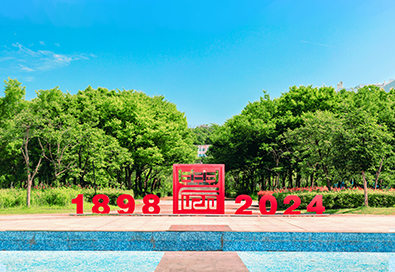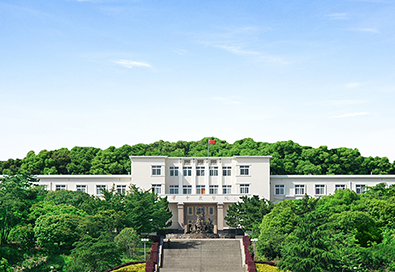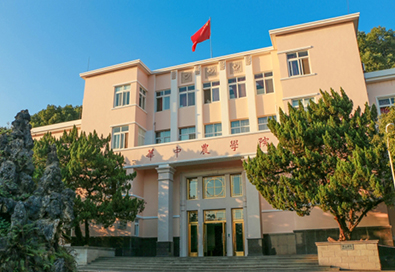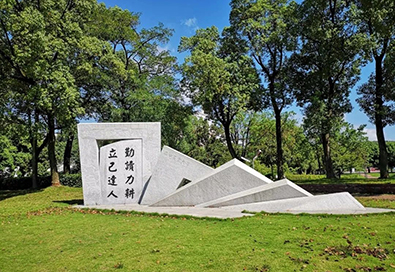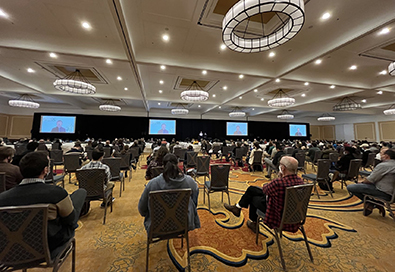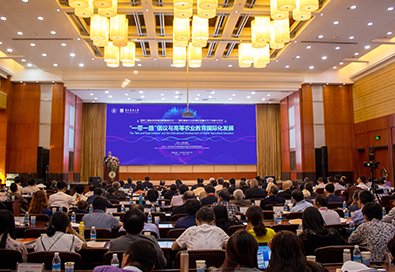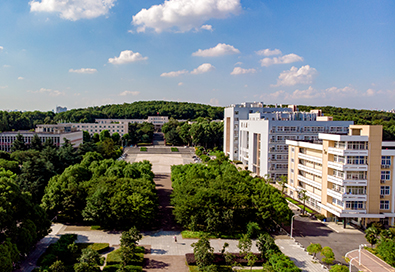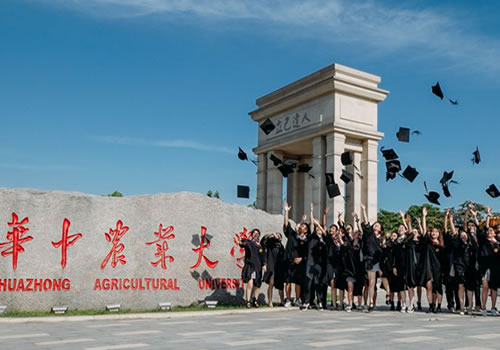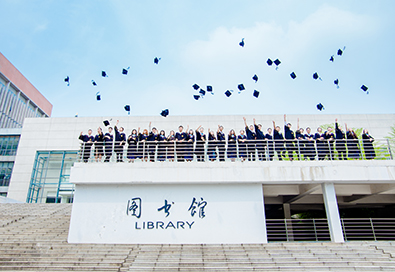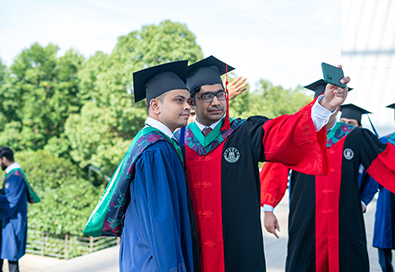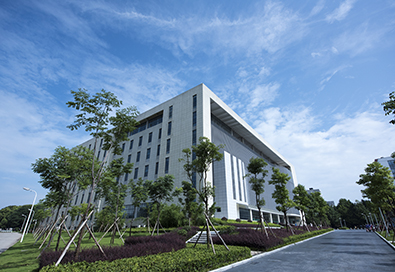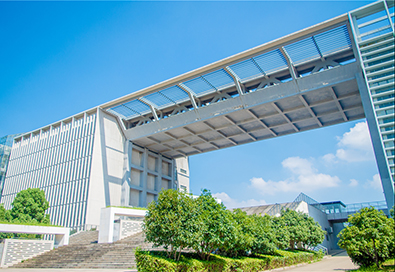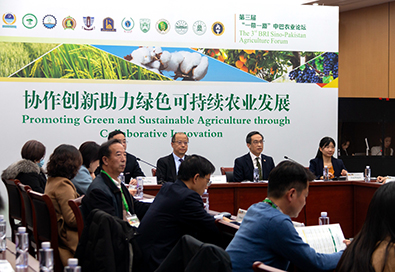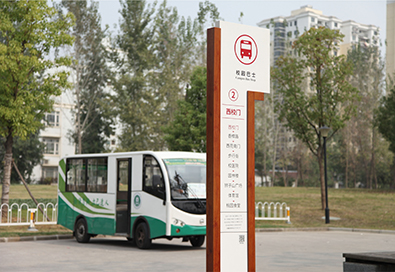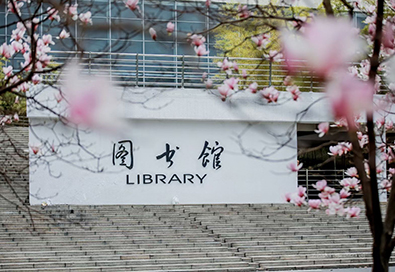A 20-member HZAU delegation, led by Professor Zhang Xianlong, attended the World Cotton Research Conference-8 (WCRC-8) and the International Cotton Genome Initiative (ICGI) in Uzbekistan from Oct 3 to 7, 2024.
The two events were designed to explore the latest advancements in cotton genome research, breeding, cultivation, pest and disease resistance, and sustainable production.
As the chairperson of ICGI, Zhang played a key role in organizing this joint event of WCRC and ICGI, which attracted nearly 300 scholars from around the world, including experts from the US, China, Australia, and other countries involved in cotton science and industry.
On the opening day, Zhang delivered a keynote presentation, titled "Genomics and Transcriptomics Reveal Cotton Fiber Differentiation and Development".
Drawing on five key articles published in Nature Genetics, he systematically explored cotton's evolutionary history, the genetic basis, regulatory mechanisms, and breeding strategies for fiber development. His presentation garnered widespread attention and was a highlight of the conference.
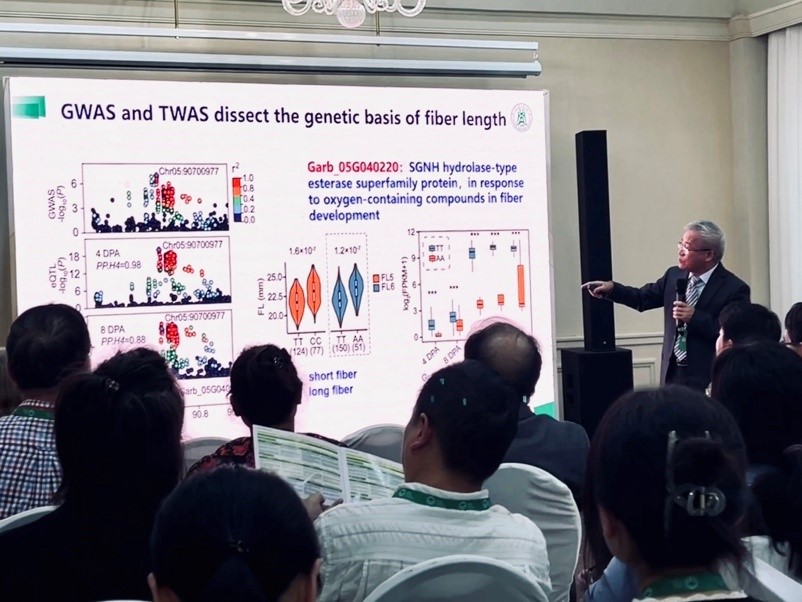
Zhang delivers a presentation on genomics and transcriptomics' relation with cotton fiber differentiation and development.[Photo/news.hzau.edu.cn]
During the event, HZAU's cotton team showcased their research, with three professors—Zhu Longfu, Jin Shuangxia, and Yang Xiyan—presenting their findings on cotton disease resistance, gene-editing tools, and drought resistant breeding.
Additionally, four PhD students from the team—Sun Simin, Yang Jing, Meng Qingying, and Chen Meilin—delivered reports on topics ranging from cotton root plasticity under drought stress to the transcription factor MYB106 in cotton.
On the final day of the conference, a poster session featured nearly 80 submissions from scholars and students worldwide. Out of the eight winners, four PhD students from HZAU—Wu Peng, Peng Yabin, Ming Yuqing, and Xia Linjie—received the Best Poster Award.
At the closing ceremony, Zhang delivered a concluding speech, congratulating on the success of the conference and highlighting China’s advancements in cotton cultivation, particularly in Xinjiang.
He stressed the importance of cotton for global textile industries and consumers and acknowledged the challenges faced by cotton production, including water scarcity, pest infestations, and climate change.
He proposed the concept of "Genomic Farming", envisioning a future where genomics plays a pivotal role in all aspects of cotton production. He also introduced the slogan “One World, One Cotton", calling for greater international and multidisciplinary collaboration to address challenges in cotton breeding, pest control, and sustainable irrigation.
During their visit, the HZAU team was invited to tour several institutions, including the Academy of Sciences of the Republic of Uzbekistan's Institute of Genetics and Plant Experimental Biology and the Center of Genomics and Bioinformatics. The visit culminated in a cooperation agreement, paving the way for future collaboration.
The team's participation in the WCRC-8 conference aimed to foster discussions on the latest research results and trends in cotton breeding with global experts. Their outstanding performance at the conference earned recognition from peers and specialists. Through continued collaboration with Uzbekistan and other countries, the team seeks to explore new technologies and methods in cotton breeding, driving sustainable development and innovation in the cotton industry.
Looking ahead, HZAU's cotton breeding team will continue to promote cotton technology cooperation with countries involved in the Belt and Road Initiative, working closely with both domestic and international colleagues.
To make a greater impact on the global cotton industry's development and progress, they are committed to social responsibility by providing high-quality cotton varieties and technical support to farmers, contributing to increased agricultural income, rural revitalization, and the sustainable development of the global cotton industry.

